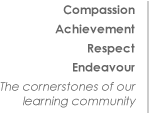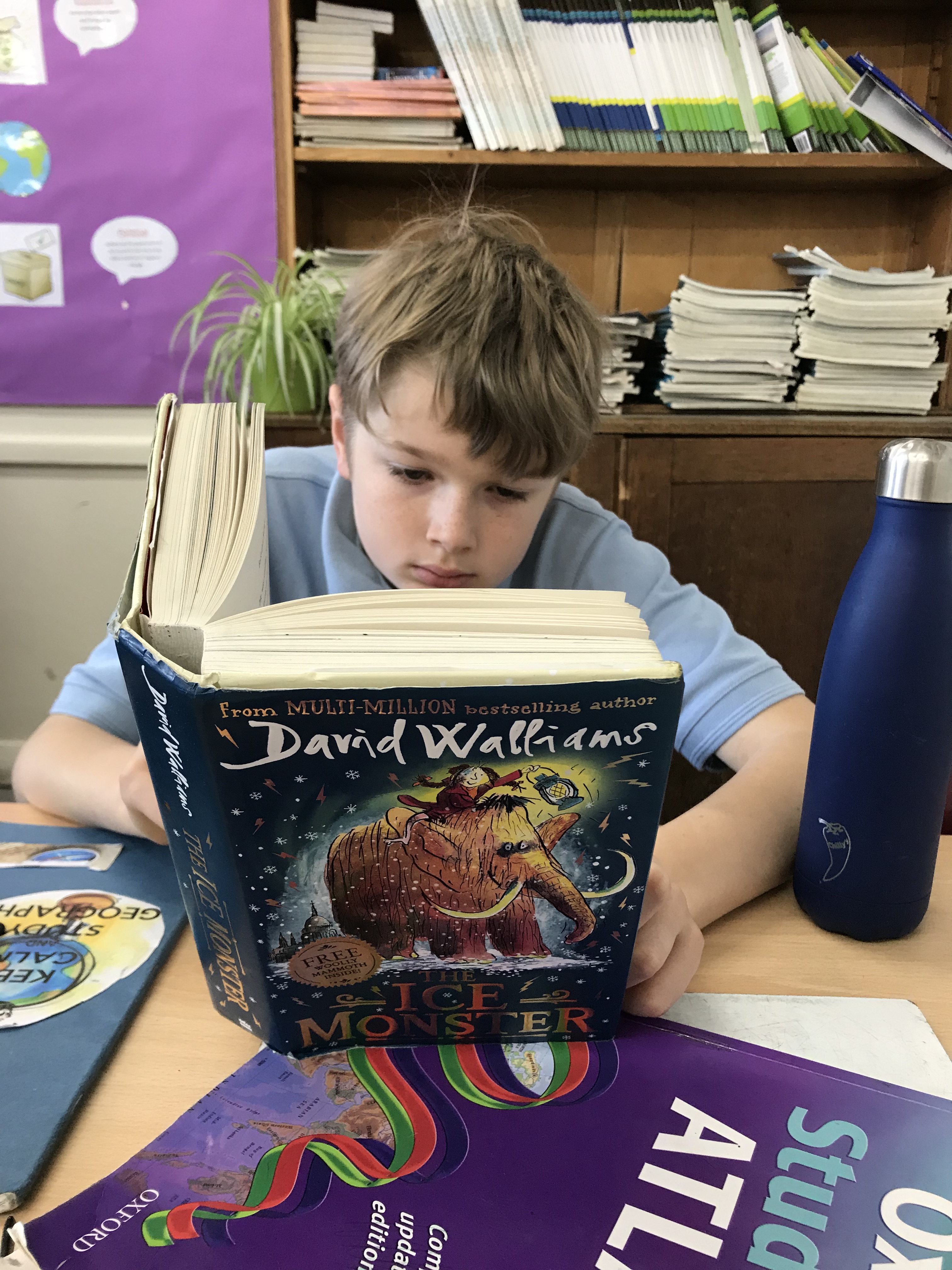

Literacy
'Live as if you were to die tomorrow. Learn as if you were to live forever.'
Gandhi (1869-1948)
The development of effective literacy skills (speaking, listening, reading and writing) is fundamental to the achievement of a rich and fulfilling life. We use these skills every day in order to communicate with, and make sense of, the world around us. As such, the better we are at these skills the more successful we can expect to be in life. At Imberhorne School, we recognise that at the heart of improving literacy skills is the opportunity to practise them. Improving literacy and learning can have an impact on students’ self-esteem, motivation, behaviour and attainment. It allows them to learn independently and is empowering.
At Windmill Lane, all KS3 students participate in ‘Drop Everything And Read’ (DEAR) every day. Students accumulate sixty-six hours of reading each academic year in support of their academic development and the enjoyment of reading.
Imberhorne’s curriculum is underpinned by developing students’ abilities to speak, listen, read and write for a wide range of purposes, including using language to learn, communicate, think, explore and organise. Helping students to express themselves clearly, through development of vocabulary, both orally and in writing, enhances and enriches teaching and learning in all subjects and prepares the student for life after school.
‘It is what you read when you do not have to that determines what you will be when you cannot help it.’
Oscar Wilde
Reading
Reading helps students to learn from sources beyond their immediate experience and inspires them to acquire knowledge.
- To create an environment where reading is promoted across the school.
- To provide time in school for all students to read.
- To support reading through a range of varied and appropriately differentiated reading resources.
- To promote and support reading in non-school hours.
- To implement a more robust assessment process in order to identify weakness and strength, which in turn is used to inform planning and intervention.
Reading Lists
‘Fill your paper with the breathings of your heart.’
William Wordsworth
Accelerated Reader
At Imberhorne School, all Key Stage 3 students use a reading software program called Accelerated Reader in their English reading lessons. Accelerated Reader is a computer program that helps teachers and librarians manage and monitor student’s independent reading practice. Students pick a book at their own level and read it at their own pace. When finished, students take a short quiz on the computer. (Passing the quiz is an indication that students have comprehended the text.) Accelerated Reader gives students, teachers, and librarians feedback based on the quiz results, which the teacher then uses to help individual students set goals and direct their ongoing reading practice.
Students choose their own books to read, rather than having one assigned to them. This makes reading a much more enjoyable experience as they can choose books that are interesting to them. Students complete a STAR reader test once a term to access their reading age and ZPD reading range. ZPD is the range of books that will challenge a student without causing frustration or loss of motivation. Our library has been labelled to allow students to identify books within their range. Star Reading is a computerised reading assessment that uses computer-adaptive technology. Questions continually adjust to the responses of each student. If the student’s response is correct, the difficulty level is increased. If the student misses a question, the difficulty level is reduced. The test uses multiple-choice questions and takes approximately 20 minutes.
Students enjoy using the program, seeing the progress they are making, as well as trying different titles and styles of writing.
'To learn to read is to light a fire; every syllable that is spelled out is a spark.'
Victor Hugo
Writing
Writing helps students to sustain and order thought.
- To provide students with a range of challenging writing tasks.
- To provide students with real audiences and creative writing outlets where possible.
- To support writing with frames or scaffolds where appropriate, and use modelling, within subjects.
- To ensure grammar, spelling and handwriting are supported in all subjects.
- To promote and support writing in non-school hours.

